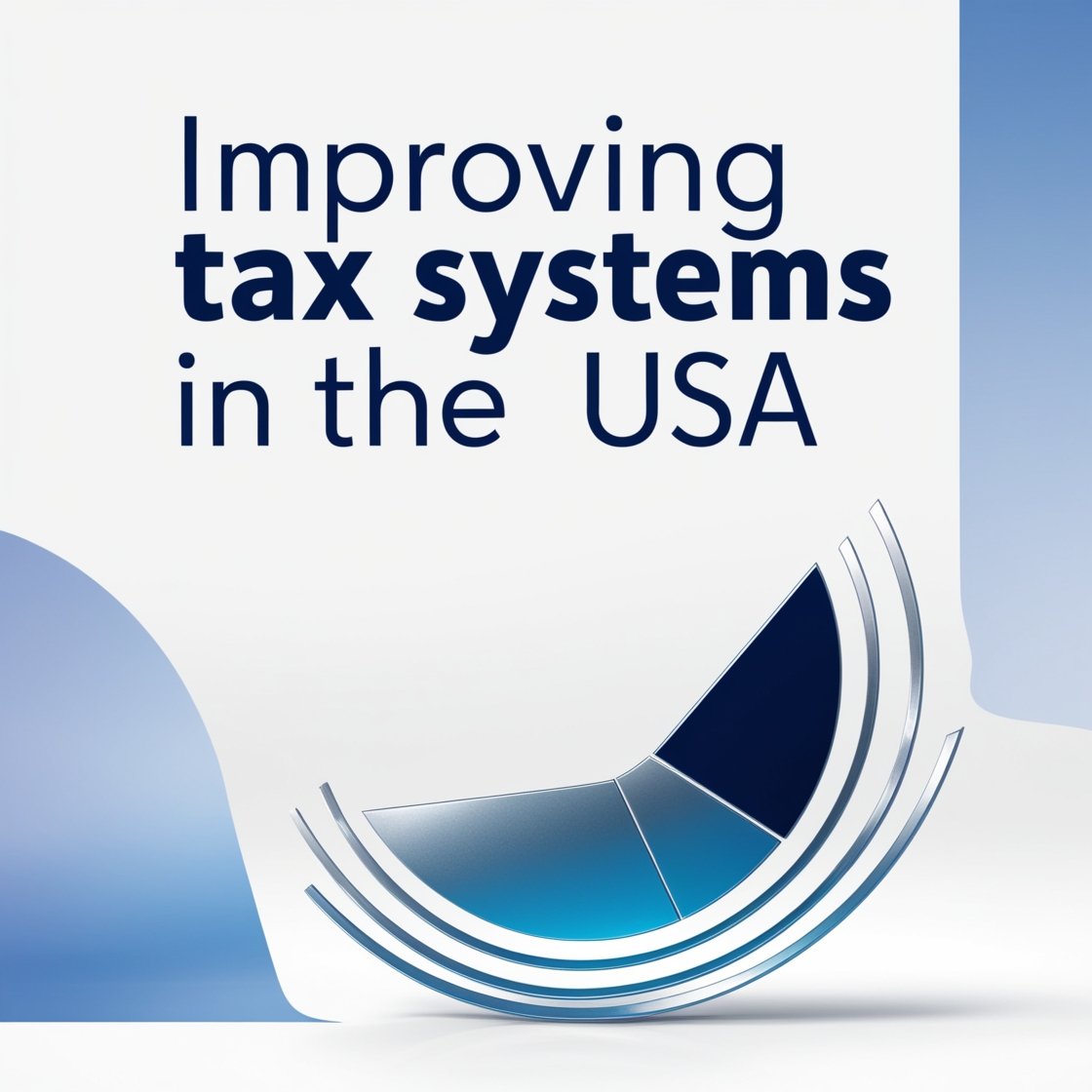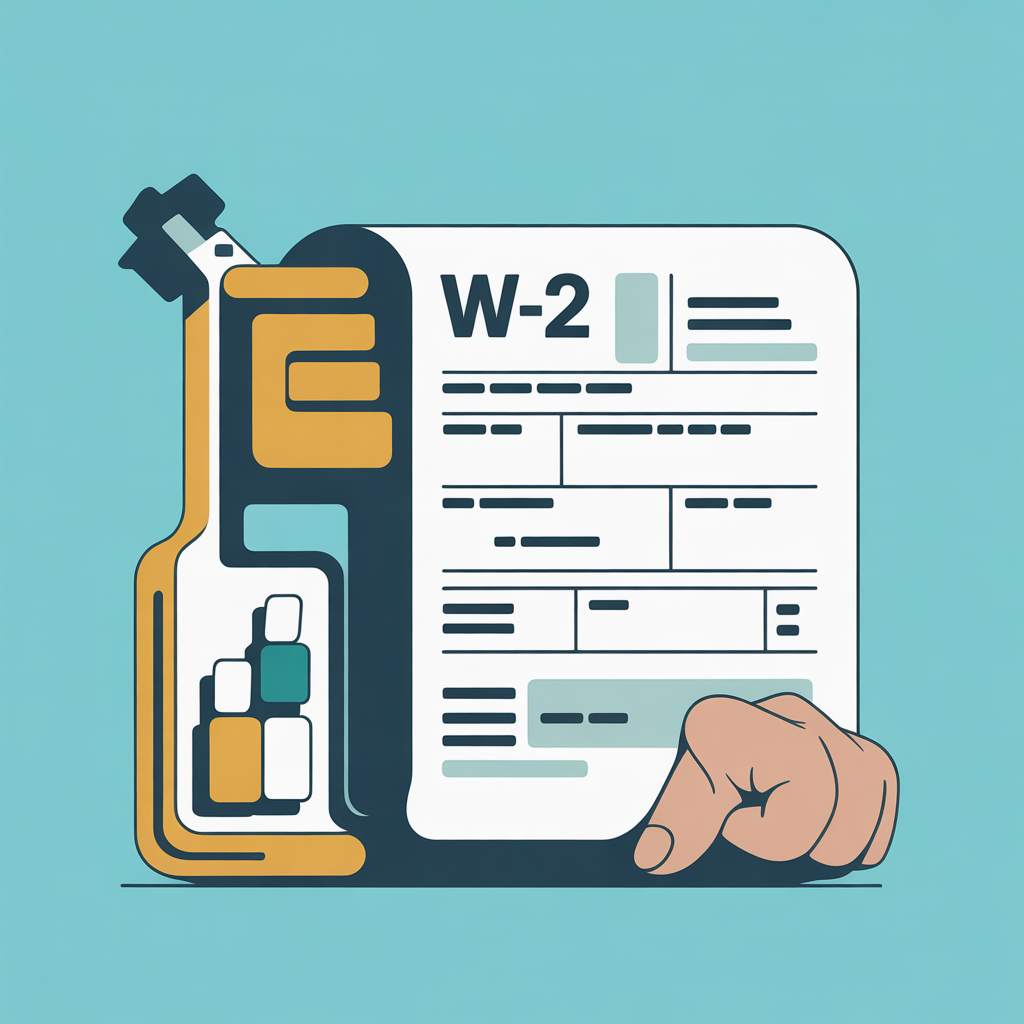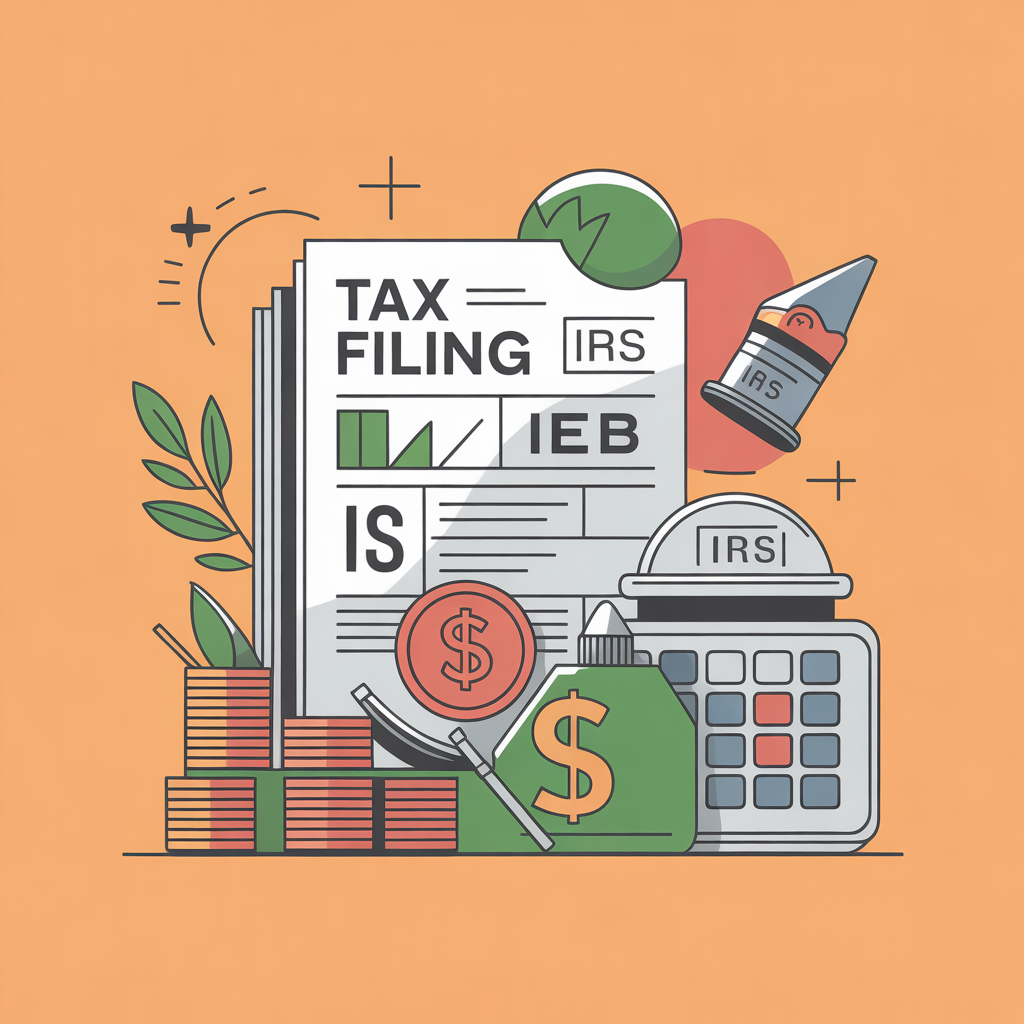The U.S. tax system is complex, with a wide array of federal, state, and local tax regulations that impact individuals and businesses alike. While taxation is necessary for funding essential public services, inefficiencies in the system often lead to frustration, compliance burdens, and even loopholes that benefit some while disadvantaging others. Reforming and improving the tax system is crucial for ensuring fairness, efficiency, and economic growth.
- Simplifying the Tax Code
One of the biggest challenges taxpayers face is the sheer complexity of the U.S. tax code. The Internal Revenue Code (IRC) is thousands of pages long, making it difficult for individuals and small businesses to navigate. Simplification efforts could include:
- Reducing the number of tax brackets and deductions to streamline filing.
- Implementing clearer tax guidelines to minimize the need for extensive legal and accounting assistance.
- Standardizing tax policies across states to reduce administrative burdens.
- Enhancing Digitalization and Automation
Technology has revolutionized many industries, and tax administration should be no exception. The IRS can modernize tax collection and processing by:
- Expanding e-filing options to make tax submission easier and faster.
- Utilizing AI and machine learning to detect errors and prevent fraud.
- Providing real-time tax calculators and automated filing assistance for taxpayers.
- Reducing the Tax Compliance Burden
Taxpayers and businesses often spend significant time and money on tax compliance. Reducing this burden can improve efficiency and encourage voluntary compliance. Key strategies include:
- Simplifying paperwork requirements for small businesses.
- Expanding pre-filled tax returns to reduce manual entry errors.
- Offering more user-friendly IRS support tools and customer service.
- Ensuring Fairness in Taxation
A fair tax system should ensure that all taxpayers contribute equitably based on their income levels. Some ways to enhance fairness include:
- Closing loopholes that allow high-income earners and corporations to minimize tax liabilities unfairly.
- Adjusting tax credits to better support middle- and low-income families.
- Revising corporate tax structures to prevent profit shifting and tax avoidance.
- Strengthening Taxpayer Education
Many taxpayers struggle with understanding their obligations, which can lead to mistakes and penalties. Enhancing taxpayer education programs can lead to higher compliance and reduced errors. Steps to improve education include:
- Expanding financial literacy programs in schools to include tax fundamentals.
- Providing clear and accessible IRS resources for different taxpayer groups.
- Hosting workshops and webinars to guide small businesses and self-employed individuals.
- Improving IRS Efficiency and Customer Service
A well-functioning IRS benefits both the government and taxpayers. Modernizing the IRS can lead to better service and improved tax administration. Some improvements include:
- Increasing funding for IRS technology upgrades and workforce expansion.
- Reducing response times for inquiries and audits.
- Enhancing transparency in tax collection and refund processing.
Conclusion
Improving the U.S. tax system requires a multi-faceted approach that includes simplification, digital innovation, fairness, education, and better customer service. While tax reform is often a complex and politically charged issue, making the system more accessible and efficient can benefit taxpayers and strengthen the economy. By taking steps towards modernization and equity, the U.S. can create a tax system that works better for everyone.
For personalized tax assistance, including business tax services, LLC formation, payroll, and BOIR filing, contact RIWA Tax Services today!
Contact us: +1 (972)-996-6644
Email us : info@theriwa.com Visit our website : https://theriwa.com/






